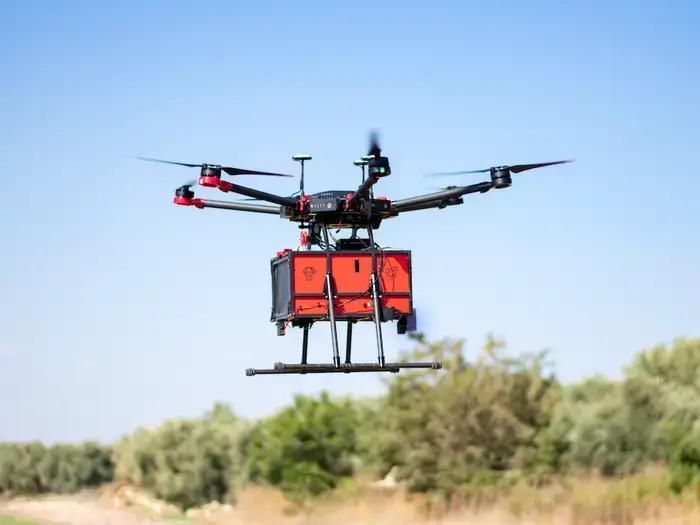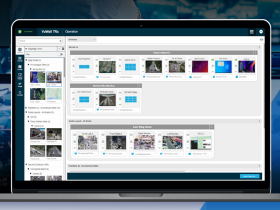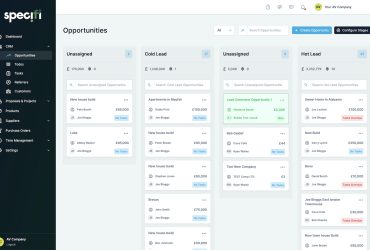To think it was almost ten years ago when Jeff Bezos appeared on 60 Minutes to show the future of package delivery using drones. While there have been some experimental deliveries that make for great promotional video such as Dominos delivering a pizza and Starbucks delivering a Frappuccino, the reality is that drones are not criss-crossing our skies dropping packages to dedicated landing pads on our homes. At least not yet.
However, the demand and interest in drone delivery around the United States is increasing. Walmart has announced expanding its drone delivery to 4 million homes in six states. They plan to deliver more than 1 million packages within 30 minutes of the order being placed. There have been other stories making the headlines and supporting the idea that Americans want drone delivery, and they are ready for it right now.
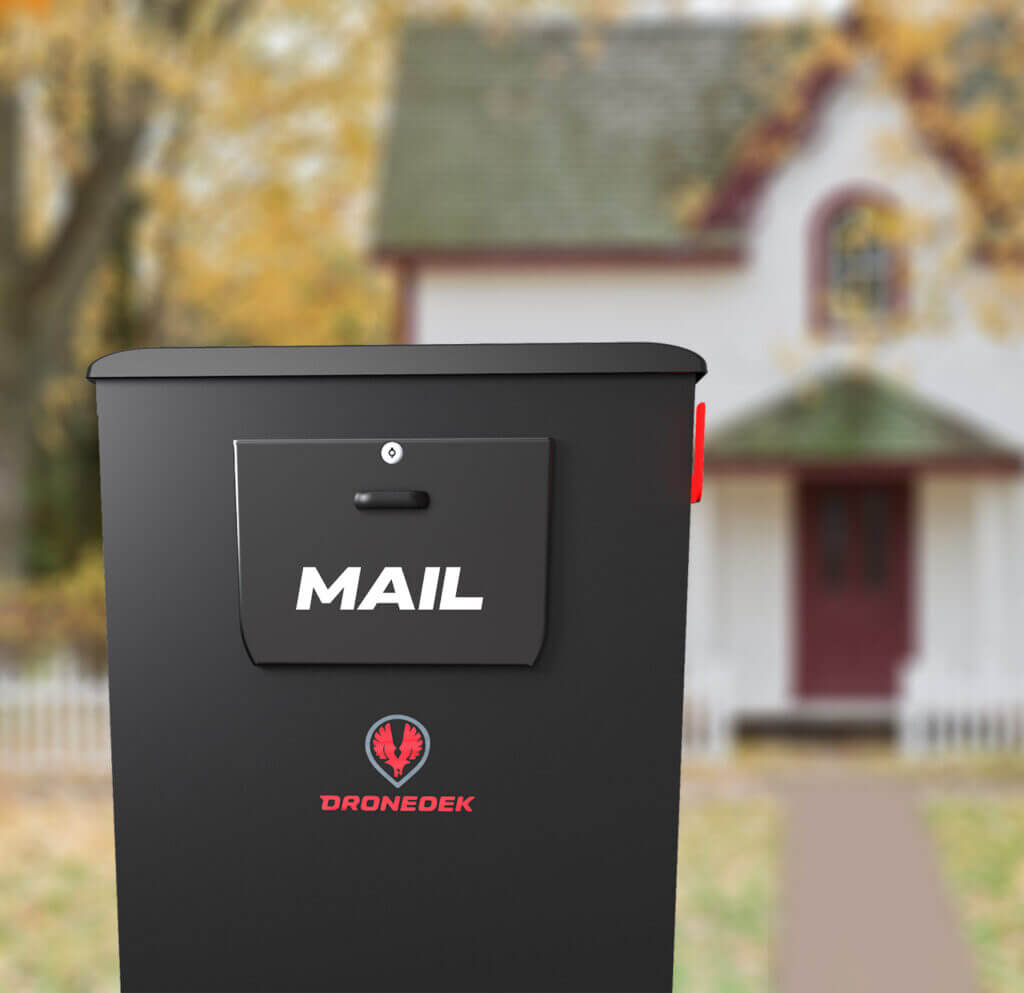
“Consumers want better and faster delivery that drones and other autonomous devices can provide, so much that they’re willing to pay more for it,” says Dan O’Toole, founder and chief executive officer of Dronedek. “The most interesting finding we gathered from the Propeller Insights/Smarty survey is that we solve all of the concerns consumers raised.”
Dronedek an Indianapolis, Indiana based start-up company that has raised over US$7.1M is one of the first companies in the world to focus on package security for traditional and autonomous delivery methods and have patented what they call the “mailbox of the future,” designed for secure, reliable, and accurate delivery by drone or other means. They help make sure those deliveries get to the intended addresses by giving delivery services a better identifiable delivery address. Plus, the item is delivered to a secure box that only the intended recipient can access, so there’s no opportunity for theft or delivery to the wrong address.
Virginia Tech reported in 2021 that roughly 90% of the people surveyed had positive feelings about drone delivery. The same percentage reported that they were likely to use drone delivery, and half of the respondents felt that they like drones being used for package delivery more than for other purposes.
While consumers like the idea of drone delivery services, they do have some concerns, too. A March 2022 survey conducted online by Propeller Insights, on behalf of Smarty, found that consumers desire better, faster delivery. 48% of respondents said they would pay more money for drone delivery if doing so allowed them to receive their products within an hour.
Some of the concerns that people have, according to the survey, include:
- Items being ruined by drone travel (51%)
- Drone failure and non-receipt of packages (58%)
- Drone delivery to the wrong address (58%)
- Drone failure and consumers not getting a refund (54%)
- Drone leaving items unattended, making it easier for porch bandits to steal packages (54%)
Dronedek is using these findings to promote their service as the company platform minimizes consumer concerns found in the survey. “This survey is another indication that consumers want a better delivery service,” O’Toole said. “Consumers on the ground floor for drone delivery test cases are overwhelmingly positive about the accuracy, speed, and effectiveness of the service.”
The survey showed consumers want a one-hour drone delivery service for a range of items such as food, prescriptions and medications, batteries, smartphones, clothing, COVID tests, alcohol, their paycheck, and baby and children’s products.
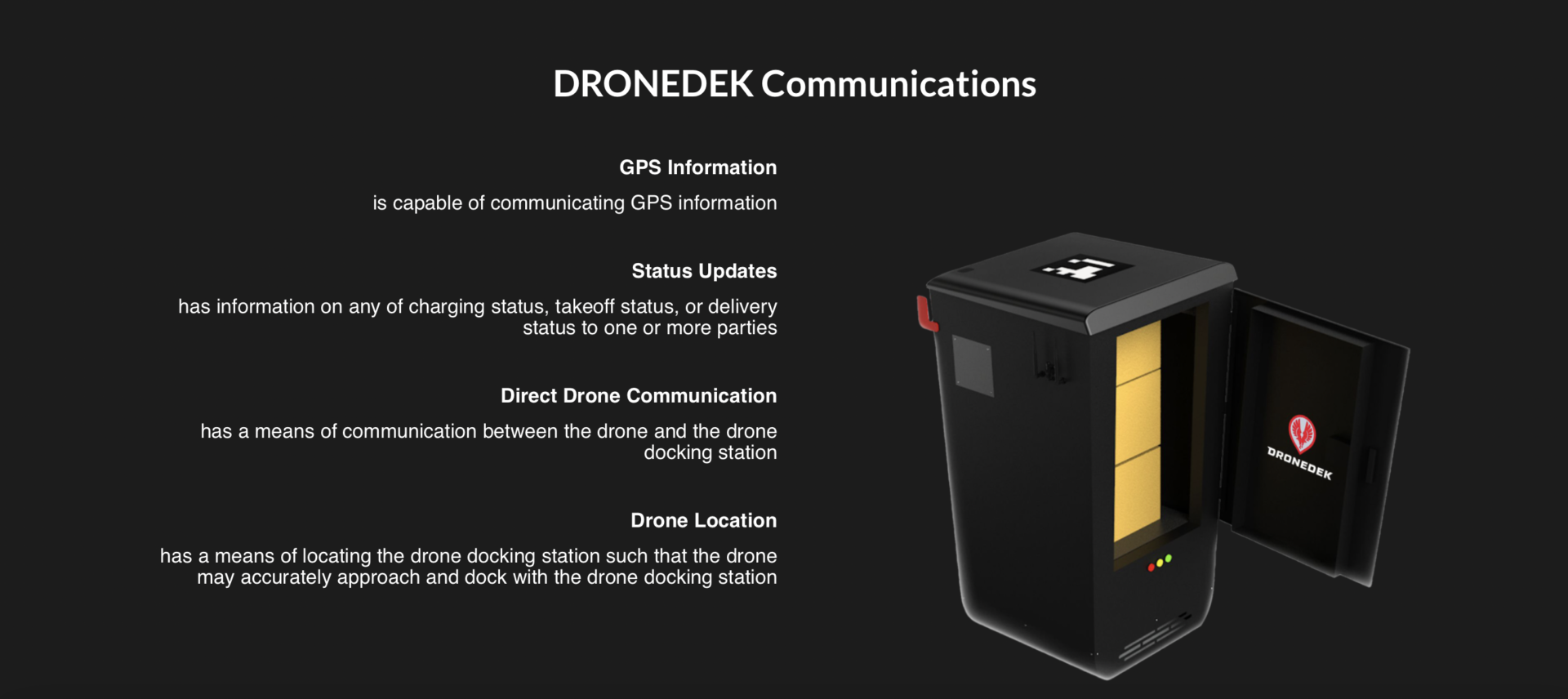
As federal regulators scramble to create regulations to enable ubiquitous drone delivery services, technology continues to improve. Drones can carry heavier packages (the average package delivered in the U.S. today is lighter than five pounds), fly more quietly, and fly longer. Fortune Business Insights estimates the overall drone package delivery space will be worth $51 billion by 2028.





